The Epstein papers: what do they reveal?
Documents adding new detail to existing claims cause 'new furore'
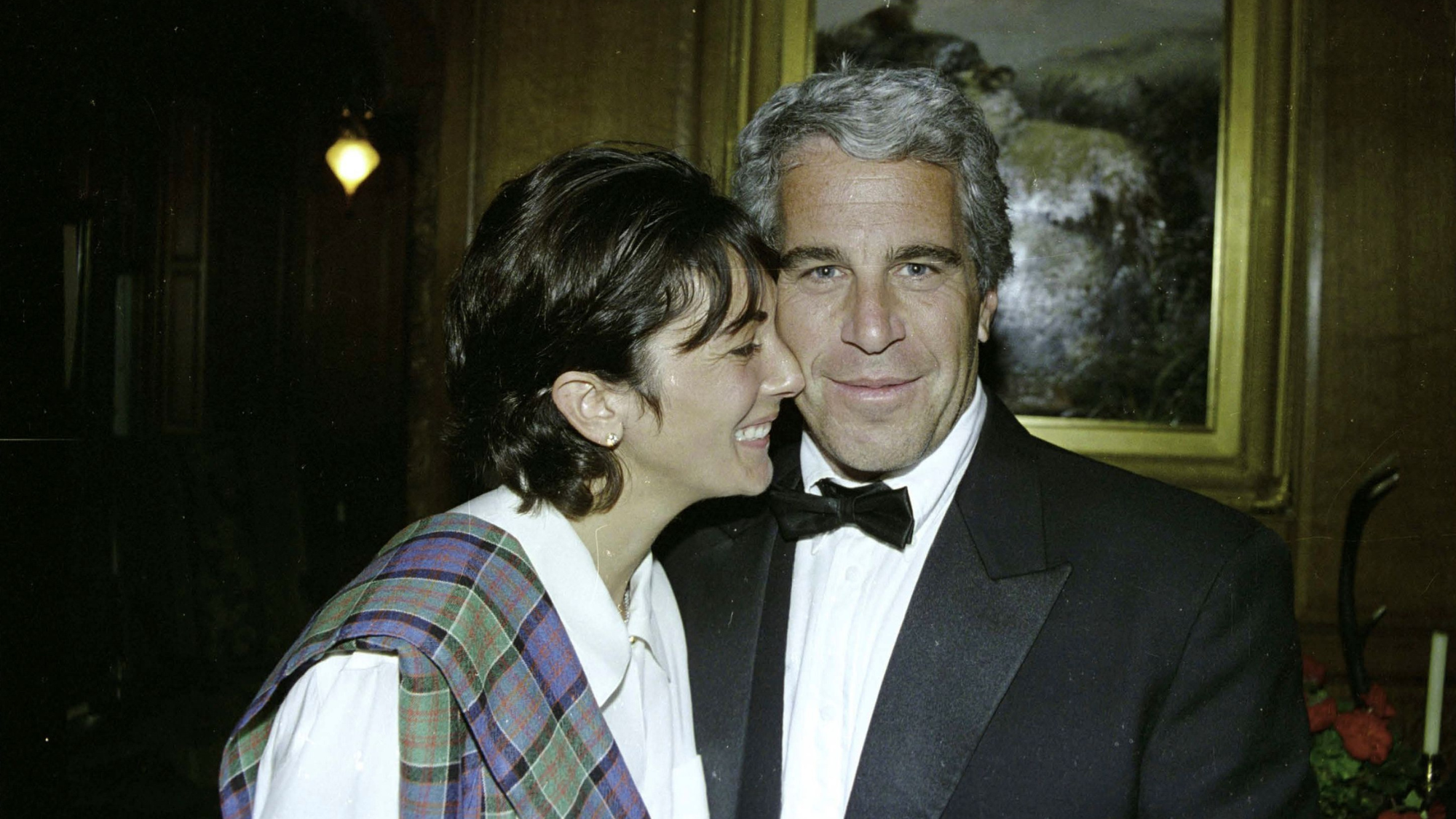
On Christmas Day, Prince Andrew walked behind his older brother as the royals made their way to church at Sandringham, said Jenny Hjul on Reaction – signalling the "tentative rehabilitation" of the disgraced duke. Friends of the King attributed this to his "typical kindness", and a promise he'd made to his mother to look after Andrew. Alas, the gesture was "badly timed", coming only days after a court in the US had ruled that a trove of papers relating to the late sex offender Jeffrey Epstein should be made public.
The documents have contained no bombshells; but they've added new detail to existing claims (which Andrew denies) such as that the teenage girl he was alleged to have had sex with said that she had been paid $15,000 to do so. And the publicity has caused a new furore. Charles is said not to want to banish his brother, but he may have to: Epstein sleaze continues to tarnish the duke, and the Palace by association.
Andrew 'distracts attention'
Andrew's supporters claim he is being used to distract attention from other Epstein associates with more to hide, said Victoria Ward in The Daily Telegraph. And while his name does loom large he is by no means the only person named in the papers (all from a libel case brought by Andrew's accuser Virginia Giuffre against Epstein's procurer Ghislaine Maxwell), said The Times.
Subscribe to The Week
Escape your echo chamber. Get the facts behind the news, plus analysis from multiple perspectives.

Sign up for The Week's Free Newsletters
From our morning news briefing to a weekly Good News Newsletter, get the best of The Week delivered directly to your inbox.
From our morning news briefing to a weekly Good News Newsletter, get the best of The Week delivered directly to your inbox.
Stephen Hawking comes up, in an email in which Epstein offered a reward for information to disprove claims that the physicist had taken part in an orgy on his private island. (Hawking had visited it while attending an Epstein-funded conference.) There are also references to Bill Clinton: Epstein told one of his victims that the former president (who denies any involvement in Epstein's crimes) "likes them young", and he's mentioned in connection with sex tapes that Epstein allegedly recorded.
But most of the references to VIPs are not related to improper behaviour. The papers are mainly about Epstein.
'No stranger to blackmail'
Rich and powerful men flocked to Epstein, said Camilla Long in The Sunday Times, because he promised excitement, money and – crucially – access to young girls.
These women behaved like honey traps. When Maxwell ordered them to give "erotic massages" (code for sex) to Epstein's guests, were they being filmed? Only one of Epstein's victims is known to have mentioned sex tapes; but there were cameras in the rooms at his homes, and Epstein was "no stranger to blackmail".
A free daily email with the biggest news stories of the day – and the best features from TheWeek.com
So you wonder: did he use compromising footage to get away with his abuses when he was alive? And how are the men who visited his "sex island", and made use of trafficked girls, still getting away with it now?
-
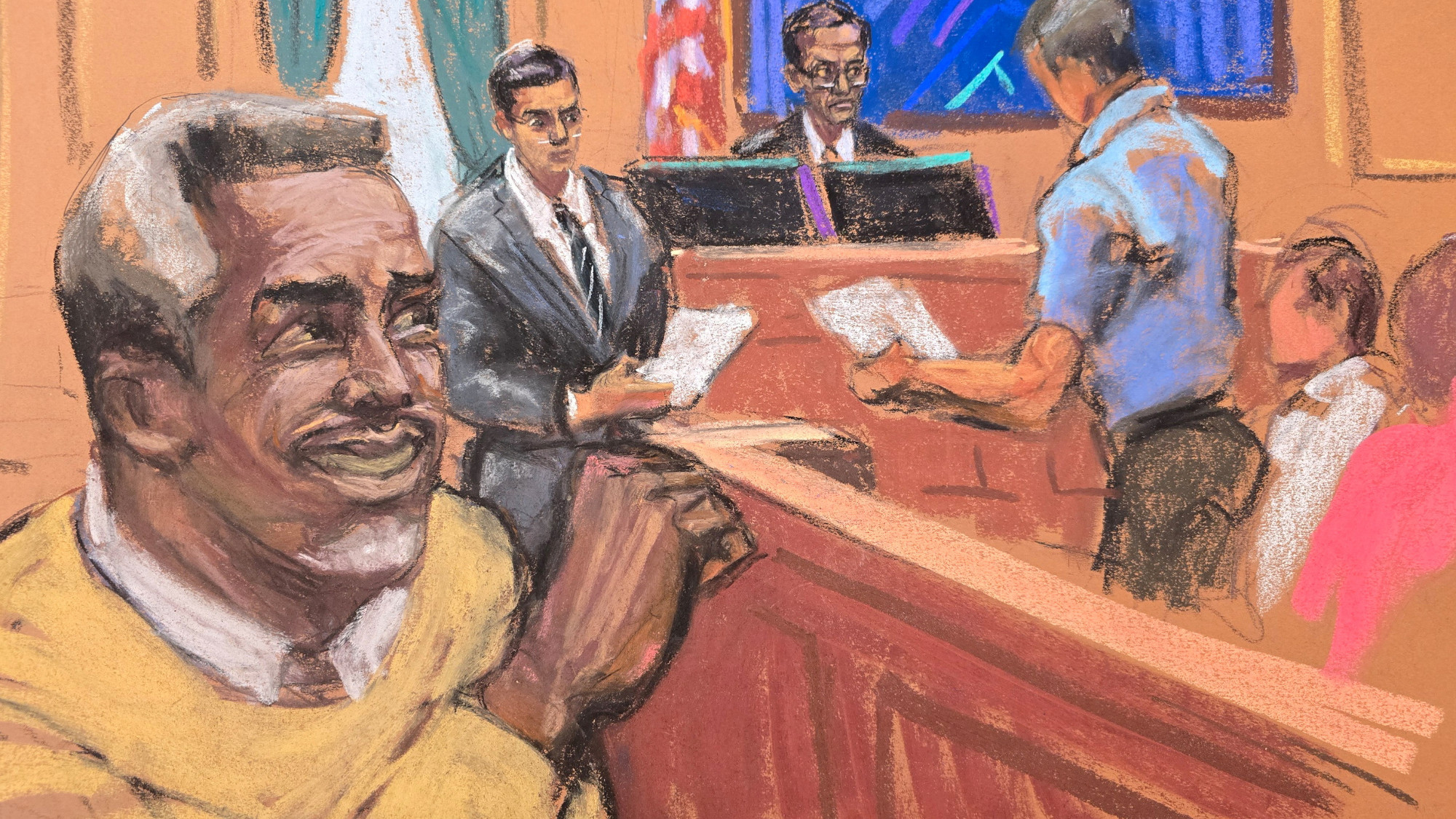 Diddy: An abuser who escaped justice?
Diddy: An abuser who escaped justice?Feature The jury cleared Sean Combs of major charges but found him guilty of lesser offenses
-
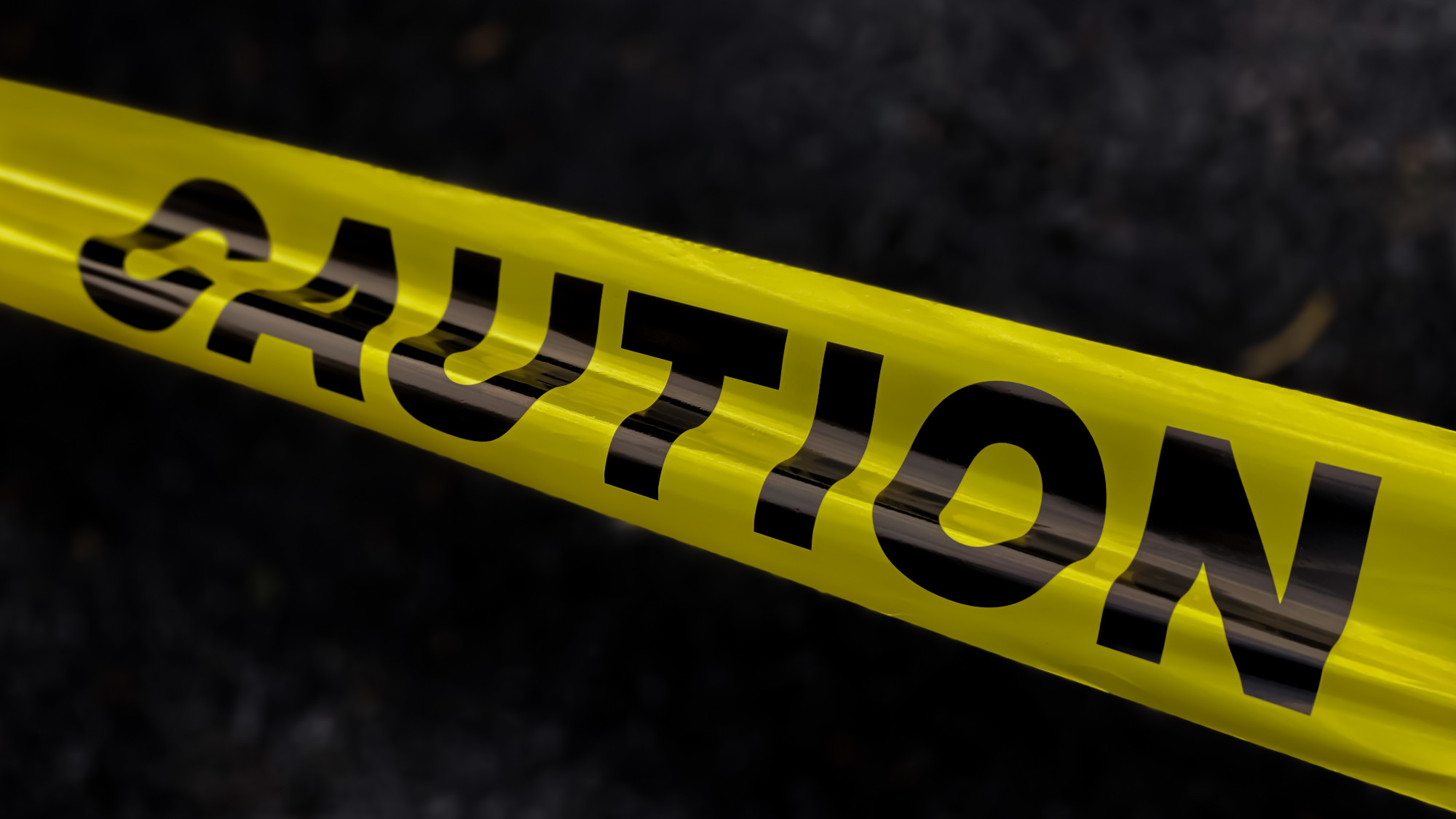 Crime: Why murder rates are plummeting
Crime: Why murder rates are plummetingFeature Despite public fears, murder rates have dropped nationwide for the third year in a row
-
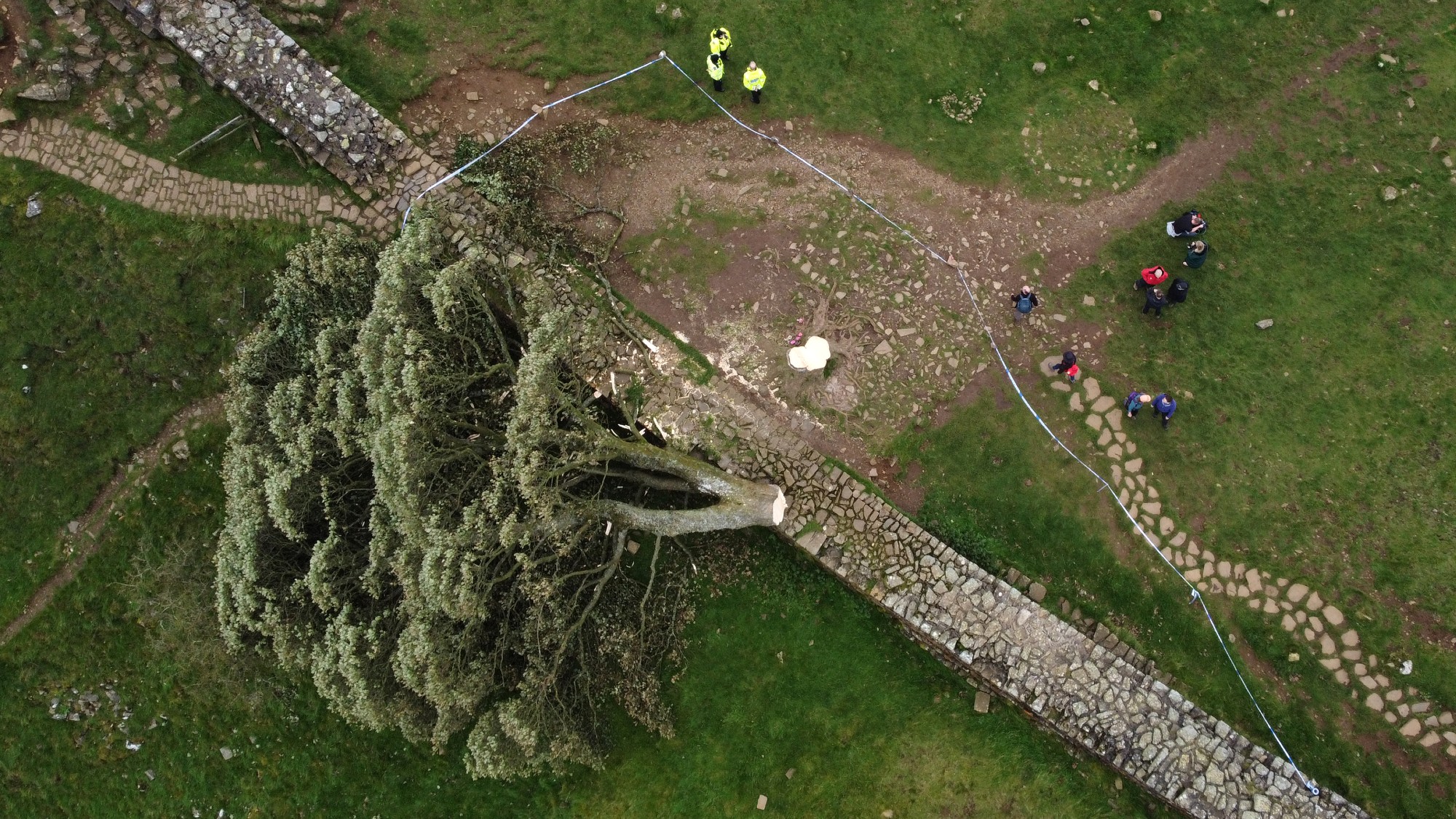 The Sycamore Gap: justice but no answers
The Sycamore Gap: justice but no answersIn The Spotlight 'Damning' evidence convicted Daniel Graham and Adam Carruthers, but why they felled the historic tree remains a mystery
-
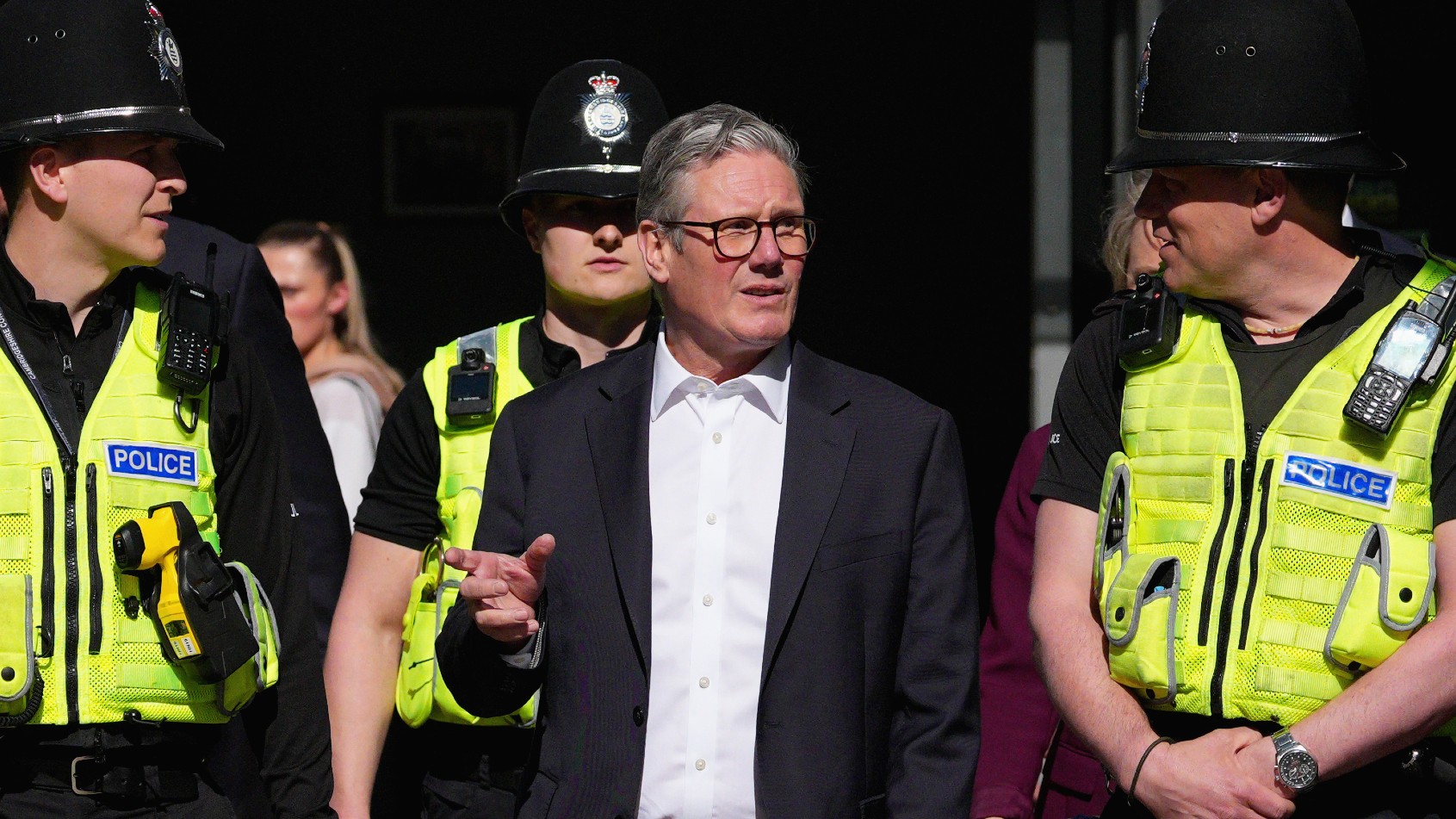 What are grooming gangs? UK scandal explained
What are grooming gangs? UK scandal explainedThe Explainer Government makes an about-turn on a national inquiry into child sexual abuse carried out by gangs
-
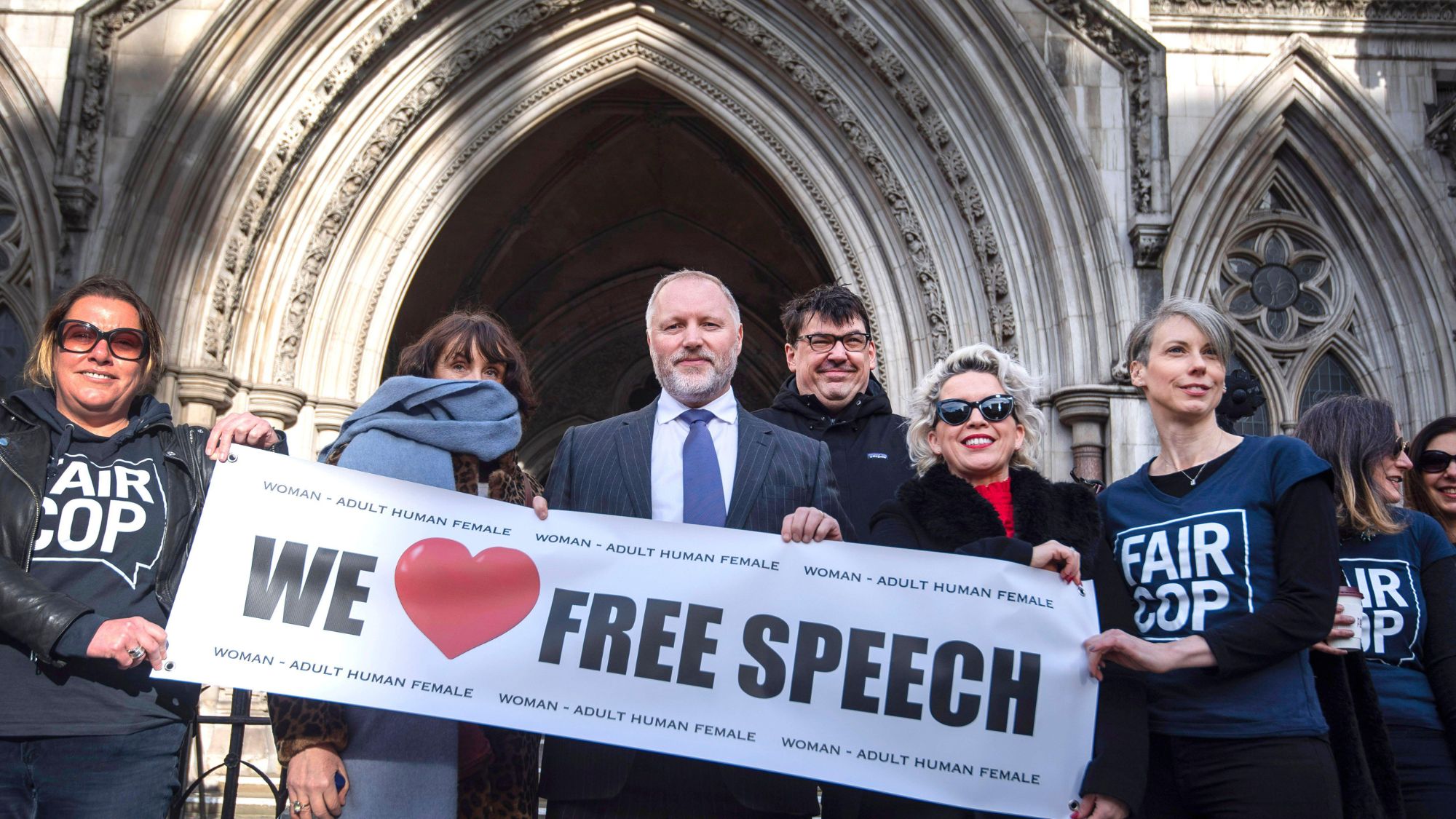 NCHIs: the controversy over non-crime hate incidents
NCHIs: the controversy over non-crime hate incidentsThe Explainer Is the policing of non-crime hate incidents an Orwellian outrage or an essential tool of modern law enforcement?
-
 The missed opportunities to save Sara Sharif
The missed opportunities to save Sara SharifTalking Point After each horrific child abuse case, we hear that lessons will be learnt. What is still missing?
-
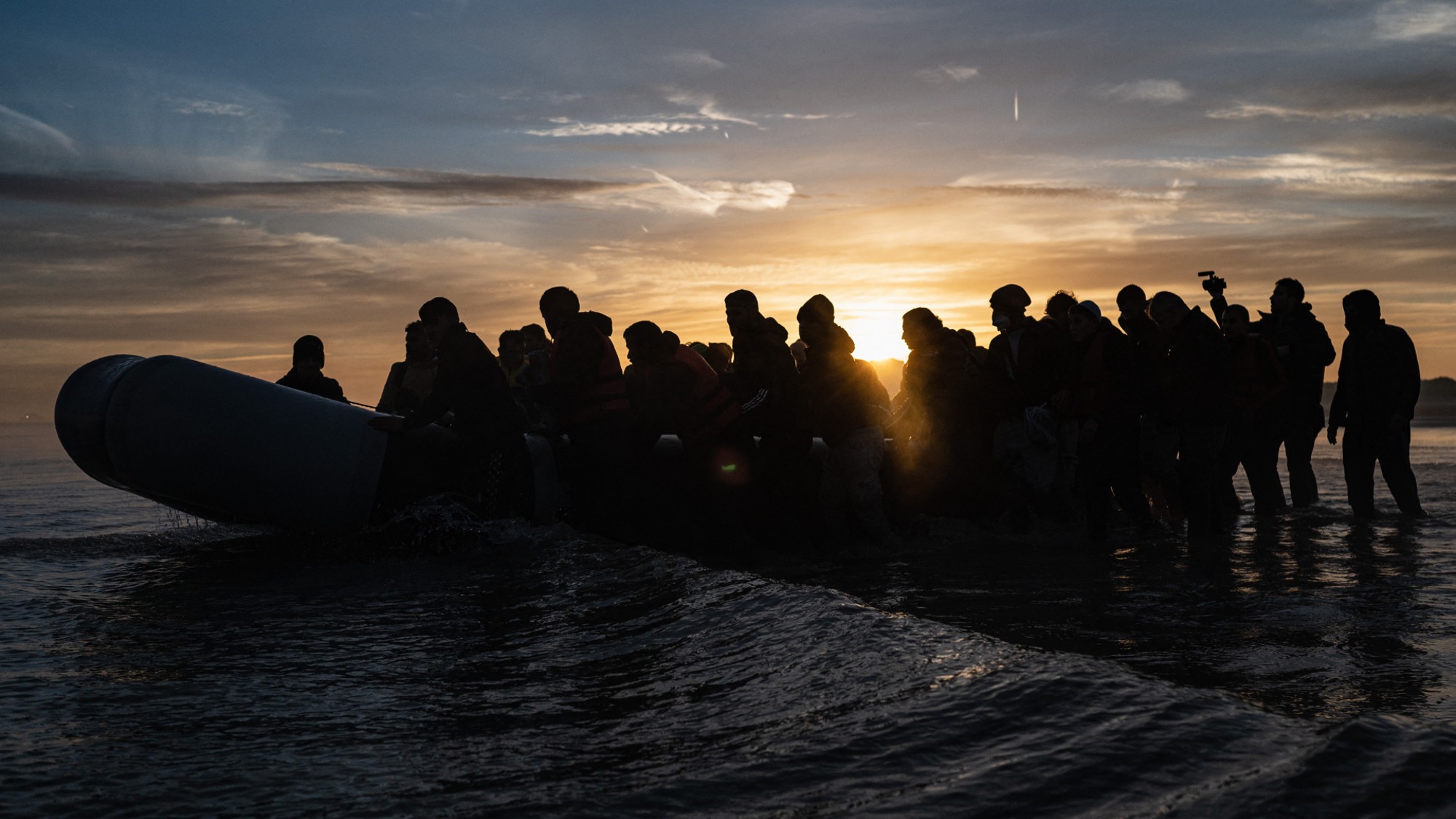 How people-smuggling gangs work
How people-smuggling gangs workThe Explainer The Government has promised to 'smash' the gangs that smuggle migrants across the Channel. Who are they and how do they work?
-
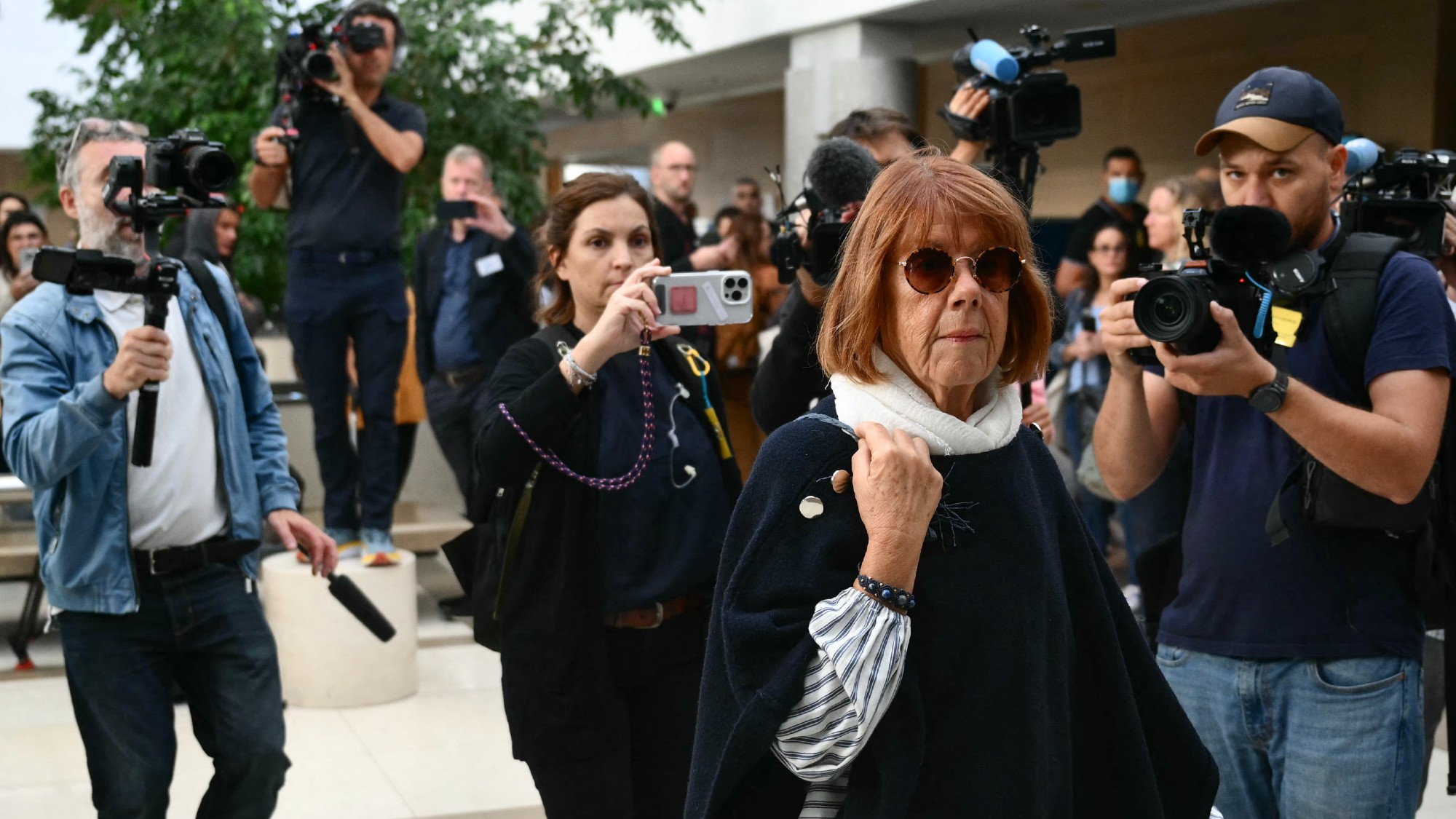 The Pélicot case: a horror exposed
The Pélicot case: a horror exposedTalking Point This case is unusually horrifying, but the misogyny that enabled is chillingly common


